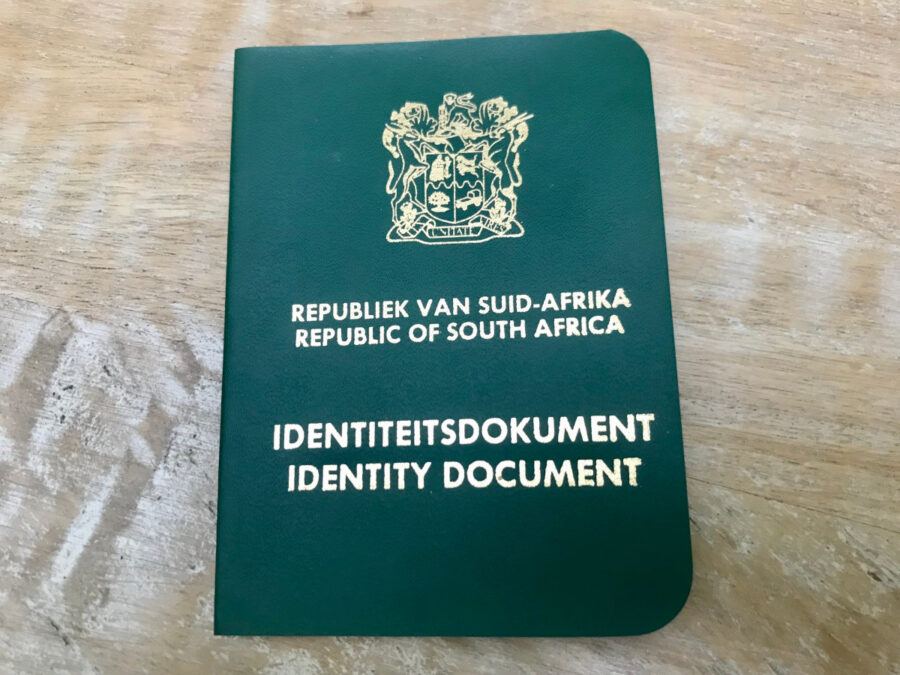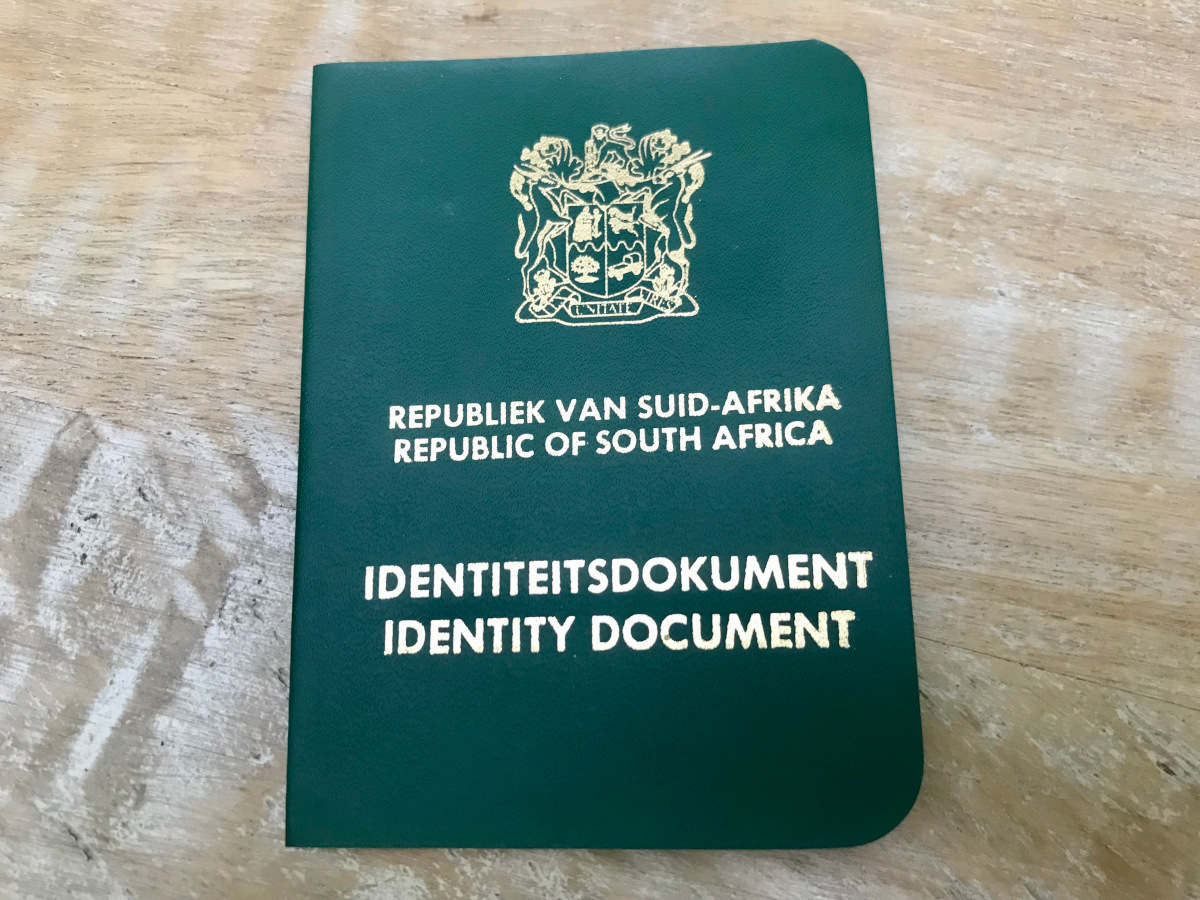
Beware of this latest ID and birth certificate SCAM
Facebook users claim to provide assistance to those struggling to acquire ID documents, but all evidence points to a scam …

Facebook users claiming to provide assistance with identity documents (IDs) and birth certificates in South Africa have been exposed as fraudsters.
Victims of these scams are at risk of losing up to R4 500.
FOR THE LATEST NEWS, BOOKMARK THE SAPEOPLE WEBSITE
A post within a South African Facebook group with over 294 000 followers reads, “Good morning! We are looking for people who are struggling with SA ID and birth certificates.”
The poster responds to users in the comments section and entices them to engage via WhatsApp for assistance.
Similar offers have surfaced across various public Facebook groups with sizable memberships.
Africa Check investigated these accounts to determine whether the offers can be trusted.
HOW TO OBTAIN AN ID AND BIRTH CERTIFICATE IN SOUTH AFRICA
The Department of Home Affairs (DHA) oversees the registration and issuance of all essential documents to South African citizens and residents.
This includes birth certificates and IDs.
According to the DHA: “All children born in South Africa must be registered within 30 days of their birth … Once the child’s birth has been registered, an unabridged birth certificate is issued free of charge, usually a day or so after the registration application has been submitted.”
The DHA collaborates with healthcare facilities nationwide to ensure certificates are issued shortly after birth.
Additionally, a late birth registration can still be done after the 30-day window and a certificate will be issued.
Unabridged birth certificates, introduced by the DHA in March 2013, are another effort to better protect children.
“The upgraded certificates are more secure and reliable with added information, as it contains particulars of both parents, where possible, and their identity document numbers,” the department says.
Individuals aged 16 years and above are eligible to apply for an ID through DHA branches, the eHomeAffairs website, or selected bank branches across the country.
First-time ID applicants are not charged a fee. Both traditional green bar-coded IDs and newer smart cards serve as valid forms of identification.
Smart cards are embedded with biometric security features, making the cards harder to forge.
A SCAM EXPOSED
Africa Check made contact with the Facebook user via the WhatsApp number provided.
What they found was an account claiming to be the “Department of Home Affairs”, accompanied by the South African coat of arms – possibly an attempt to make the account seem legitimate.
The investigative team pretended to need an identity document, and were told that this could be arranged.
Instructions were given to provide personal information, including name, gender, date and place of birth.
A photo of the applicant’s signature was then requested, along with additional images capturing facial features and fingerprints.
The solicitation of this kind of sensitive data raised concerns around identity theft and criminal activity.
The team were told that the entire process would cost them R4 500, to be paid into a bank account provided. This contradicts the DHA’s policy of issuing IDs for free to first-time applicants.
Furtheremore, once the ID is ‘ready’, the proposed method of ID delivery would be via a retailer’s parcel delivery service.
However, the DHA in fact asks applicants to collect their IDs at Home Affairs branches only.
Replacing a lost, stolen or damaged ID should only cost applicants R140.
“Charging R4 500 for an ID is the biggest red flag about this process,” says Africa Check.
“The number on the Facebook post also doesn’t match any of those listed on the DHA website. We also noticed that the Facebook account only posted the offers in public groups, not on its timeline.”
“All signs point to a fake account with scam offers,” they concluded.
